(MENAFN- AzerNews) By Fatima Hasanova
On November 29-30, a series of events were held with the
participation of human rights researchers of Azerbaijani origin,
natives of Tabriz, who now live in France, Azernews reports with
reference to the Karabakh Bureau.
On November 29, Chairman of the Committee for the Protection of
Human Rights Jala Tabrizli and human rights activist, writer and
researcher Mashallah Razmi went to Fizuli District liberated from
the Armenian occupation.
The guests, who arrived here after visiting Aghdam and Shusha
Districts, got acquainted with the atrocities committed in Fuzuli
by the Armenian armed forces, as well as the international airport
built by Azerbaijan after liberation from occupation.
They were informed that on the lands liberated from occupation
as a result of the 44-day war, large-scale projects are now being
implemented, construction and restoration work is underway. One of
the projects is the construction of Fuzuli, Zangilan, and Lachin
airports.
They were also informed about the upcoming work on the
restoration of Fuzuli city.
They also got acquainted with the consequences of the Armenian
vandalism in the village of Mardinli. It was noted that the
Armenian vandals plundered and wiped out Mardinli, as well as other
cities and villages occupied by them. All houses, public facilities
were destroyed, the mosque in the village of Mardinli was used as a
barn, and tombstones in the village cemetery were destroyed.
Jala Tabrizli and Mashallah Razmi were also informed about the
mine contamination of Azerbaijani territories by Armenia, as well
as about the demining process.
On November 30, guests from France participated in the event
called“The Cry of Urmia Lake”, held with the organizational
support of the Topchubashov Center in Baku.
The event was attended by Southern Azerbaijani activists, who
are on a visit to the country, as well as well-known experts and
representatives of the academic community of Azerbaijan.
Within the framework of the event, the environmental, ethnic,
and cultural discrimination taking place in Southern Azerbaijan, as
well as the activities of individuals, organizations both in
Azerbaijan and abroad, against this discrimination were
discussed.
Thus, an activist on ethnic issues and women's rights,
co-founder of the human rights organization Erk, Jala Tabrizli,
noted that Turkic women have long been persecuted in Iran.
According to her, the Islamic regime in Iran does not recognize
the rights of women.
“Wearing a headscarf is a must. In particular, Turkic women are
subjected to racial discrimination. In addition, our children
cannot be educated in their native language. Usually, children are
happy when they go to school, but our children shed tears. Because
they don't know the teacher's language. For this reason, many
remain illiterate,” she stressed.
In her speech, Tabrizli also noted that a young girl from the
province was shot during the protests.
'In total, around 2,000-3,000 Southern Azerbaijani activists are
arrested every year. The families of the arrested get intimidated
so that they don't reveal the names of young people to the Human
Rights Committee, which is us. We are represented in the UN and can
express our opinion without any hesitation,' she said.
Jala Tabrizli added that international organizations and some
foreign states allocated enough funds to prevent the drying up of
Lake Urmia, but the Iranian government spent them on itself, and no
steps were taken for Lake Urmia.
According to Tabrizli, the main reason for the drying up of the
lake is the blocking of tributaries and the expansion of
agriculture without planning.
In turn, an expert on the national movement of South Azerbaijan,
co-founder of the human rights organization Erk Mashallahhh Rezmi
said that Tabriz was the most developed city about 100 years ago,
and in the Pahlavi period, before the Islamic Revolution, it
occupied the 5th place in the country. Now Tabriz is the 11th city
in the country in terms of the economic situation.
“For 100 years, Tabriz has been dropped from the first place to
the 11th. Near Tabriz is the Andaran gold deposit. This is the
largest gold deposit in the Middle East. Iran has signed an
agreement with Russia to develop this field. How much gold is mined
there and where it goes is not reported. The second deposit is the
Sungun copper mine. It is also the second-largest copper mine.
Copper mined here is either transported to Kerman or exported to
China. Our wealth is being plundered and people are not provided
with any information about it,” the expert noted.
To recap, on November 28-29, Tabrizli and Razmi visited Aghdam
District, where they were informed about the atrocities committed
by Armenians in Aghdam. Also, the guests visited the Imarat Complex
of Panahali Khan, the Aghdam House of Culture, the Juma Mosque, and
the Aghdam Alley of Martyrs. In Aghdam District, Tabrizli and Razmi
were informed about the construction being carried out by
Azerbaijan after the liberation and the demining by ANAMA. They
also went to Shusha where they learned about the historical sites
of the city, the destruction caused by the Armenians during the
occupation, and the restoration and construction projects currently
underway in Azerbaijan.
---
Follow us on Twitter
@azernewsaz
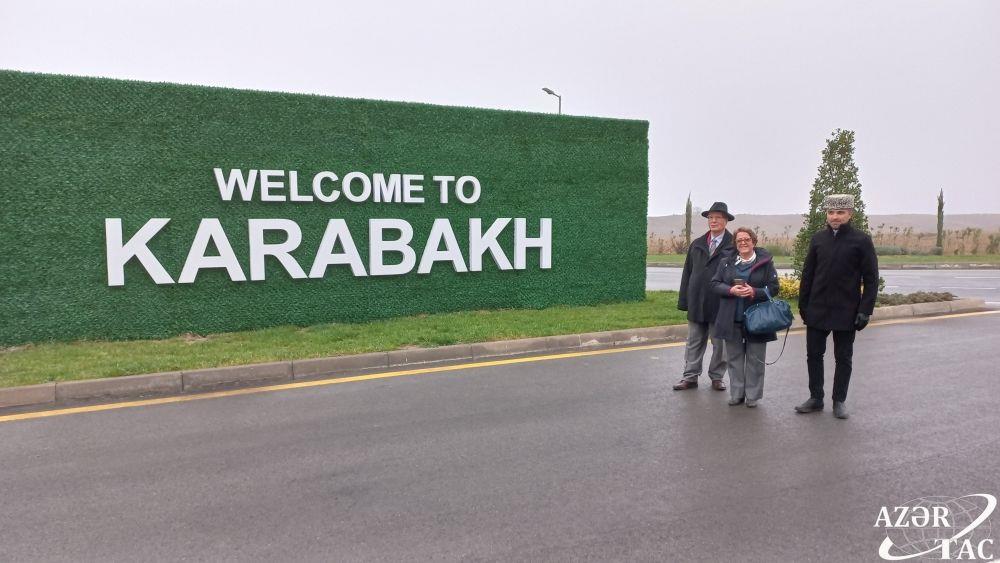
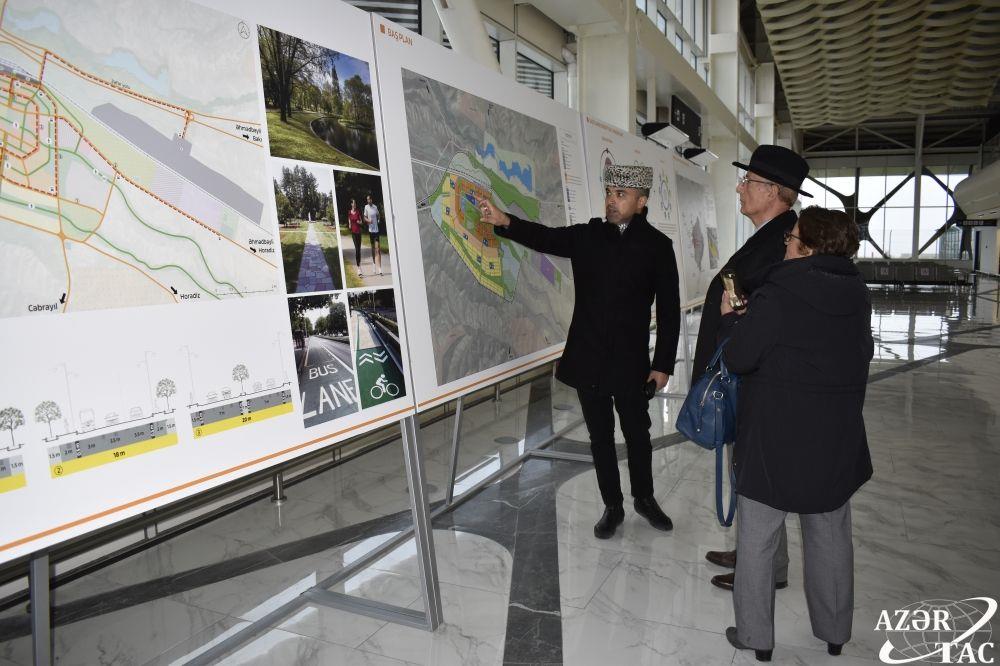

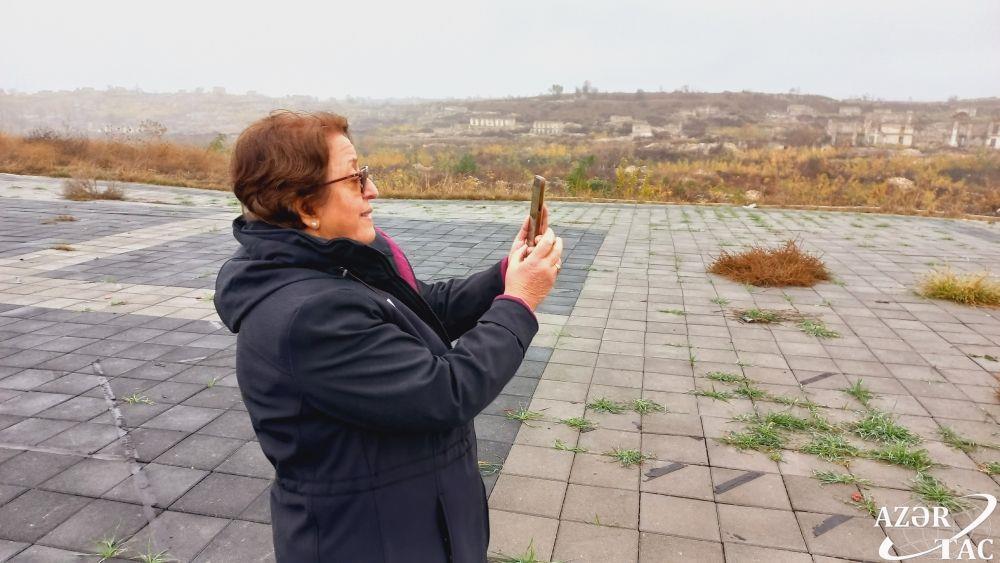
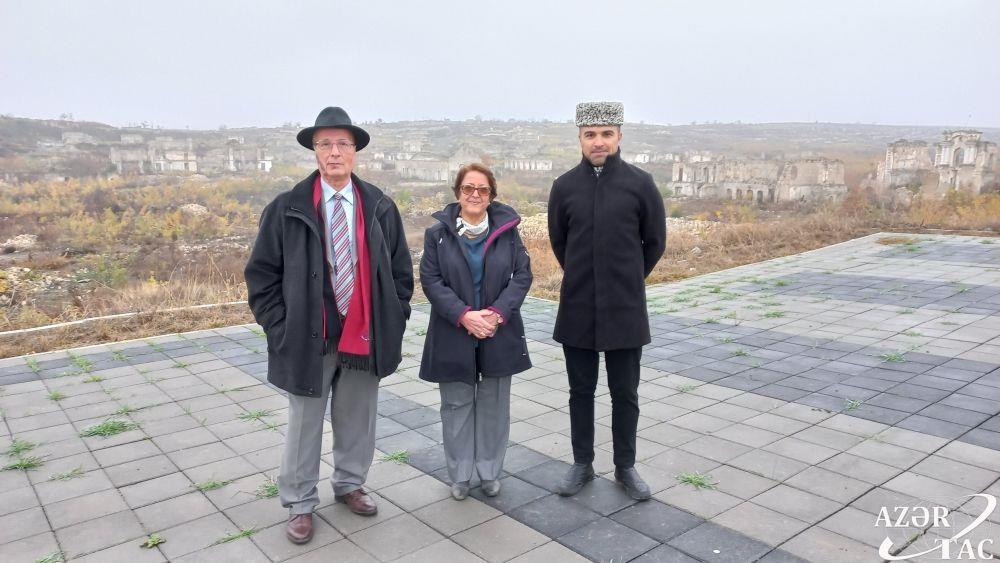
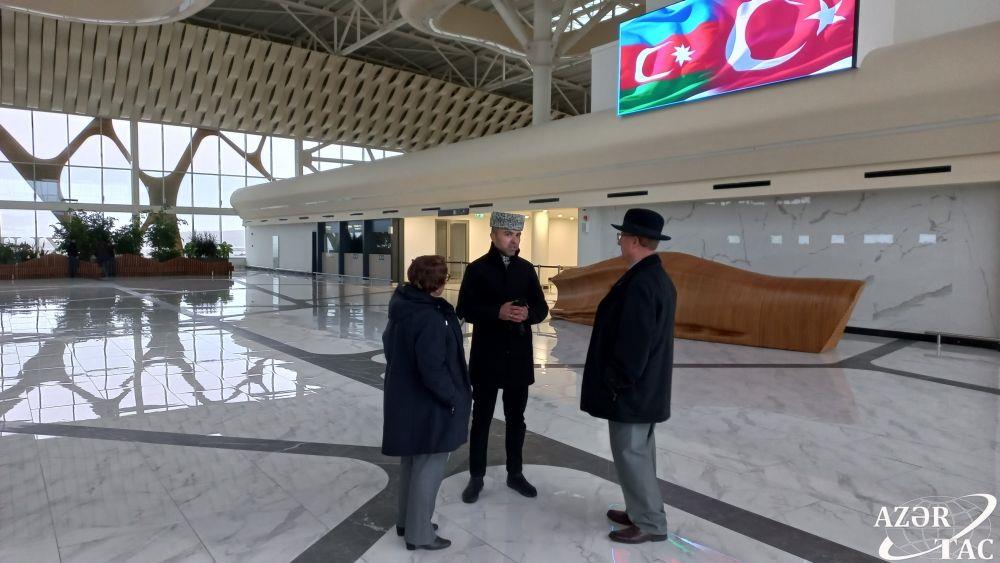

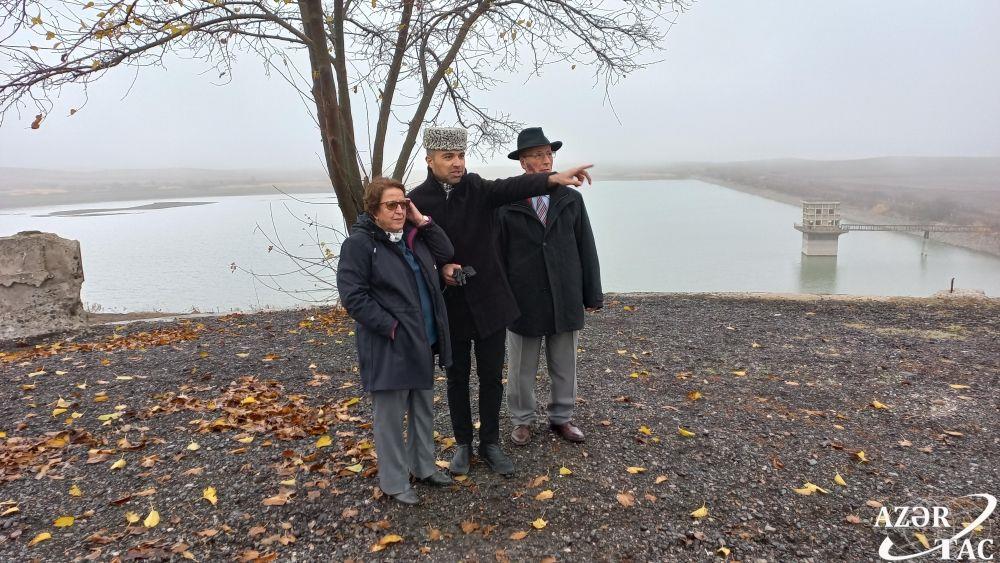
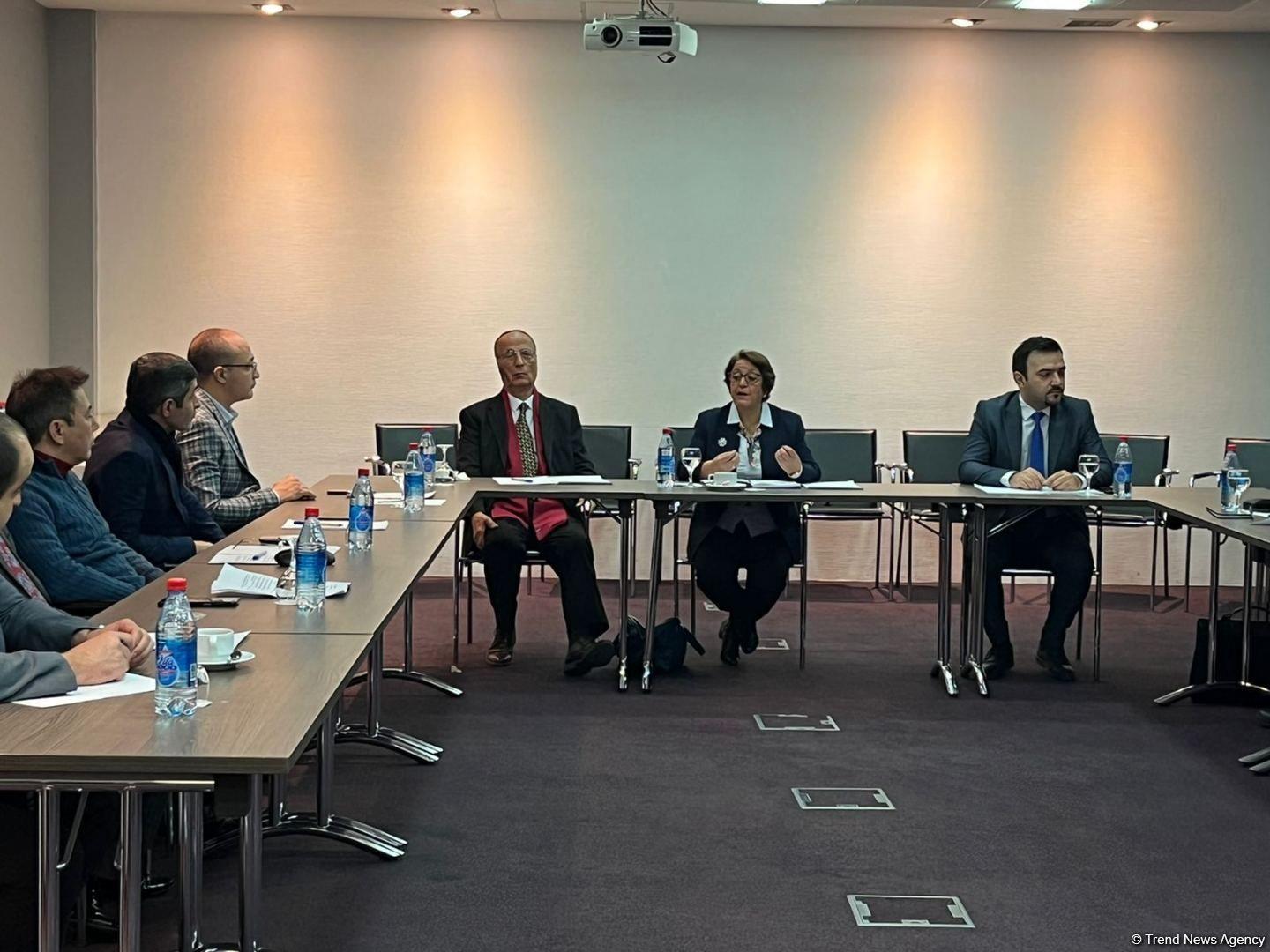
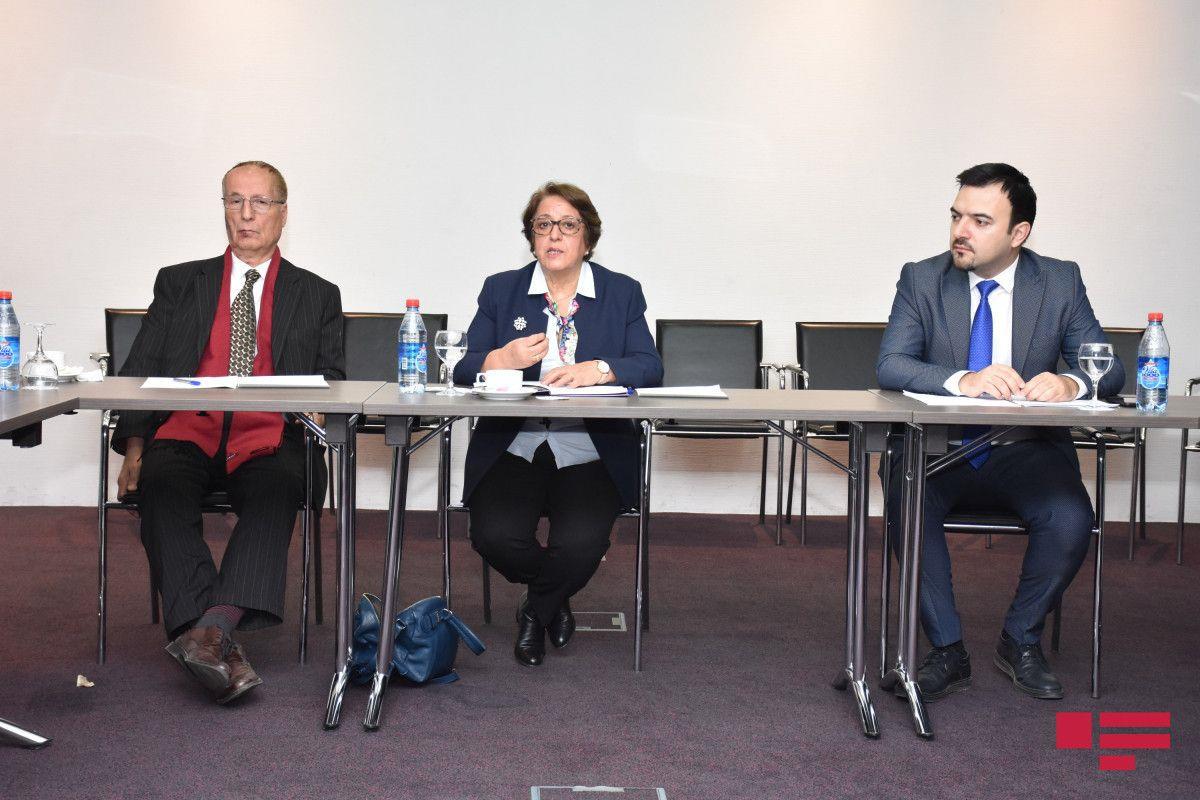
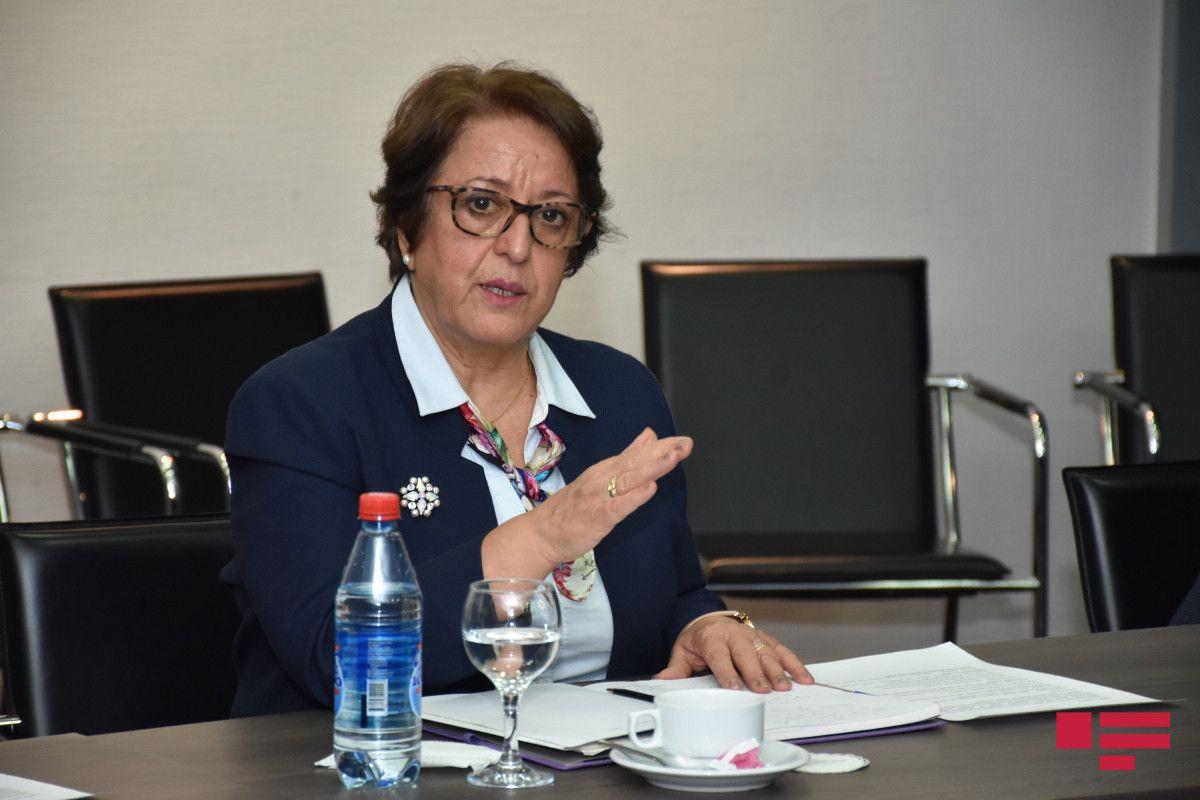
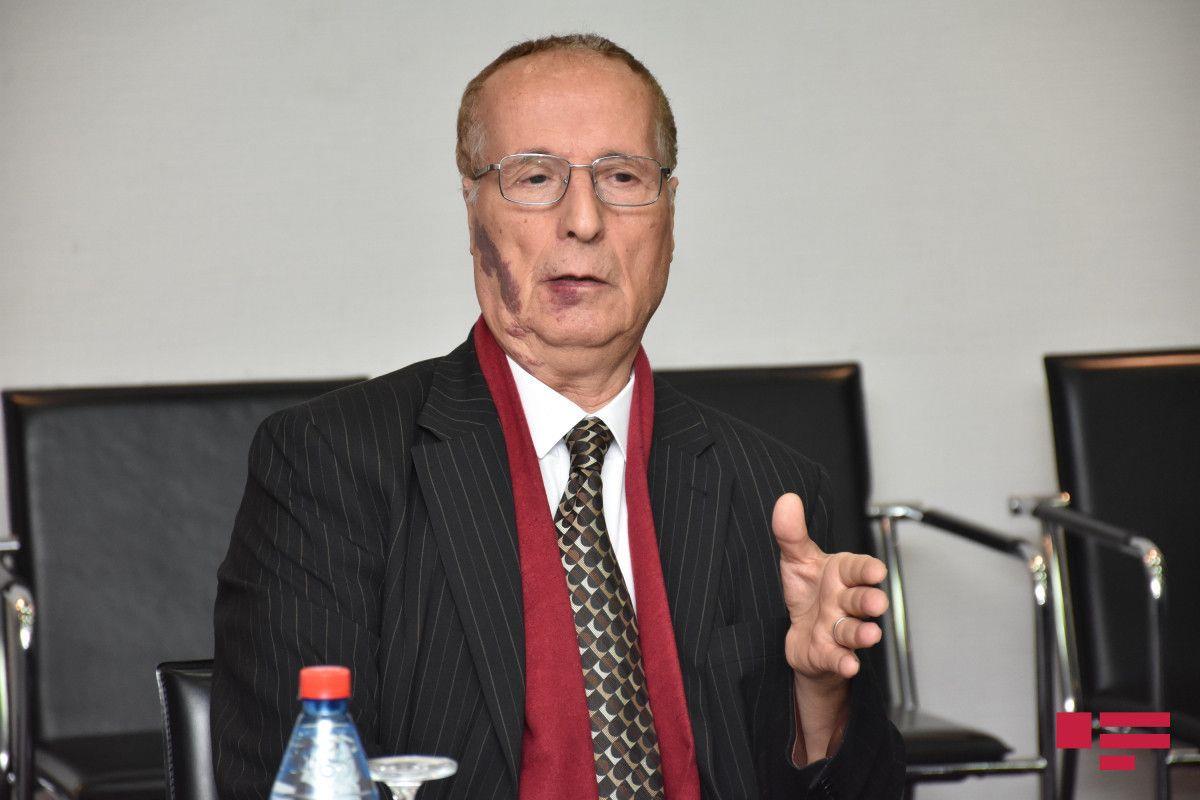
Tags: azerbaijan karabakh fuzuli iranian researchers